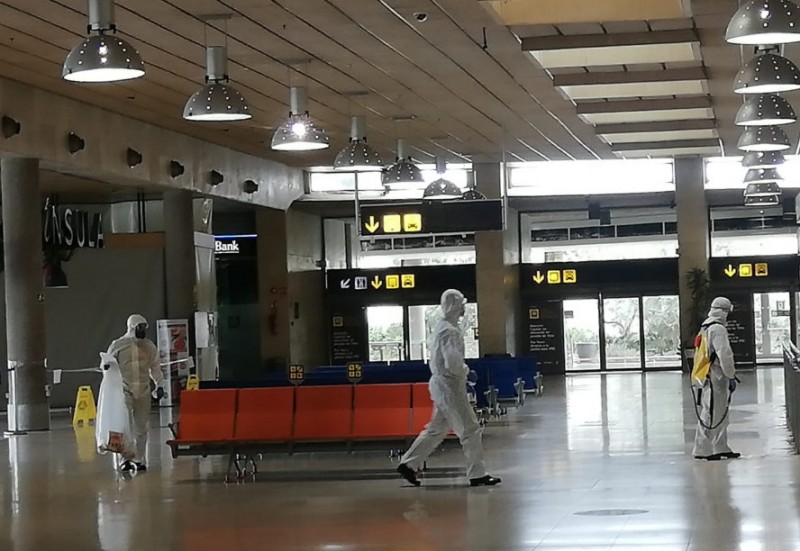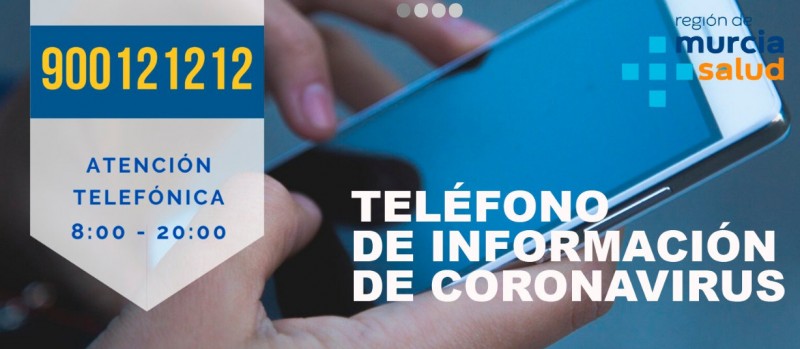Date Published: 23/03/2020
ARCHIVED - Spanish borders closed to those trying to enter the country
ARCHIVED ARTICLE 
The restrictions reach ports and airports as well as the land borders with Portugal and France
The closure of Spain’s land borders which was announced last week was reinforced at midnight on Sunday by similar measures affecting travel by air and sea, meaning that apart from certain exceptions only Spanish nationals and residents are allowed to enter the country.
Special categories also allowed to pass the border controls, which have been re-activated, are the following:
- residents of other EU or Schengen states who are returning to their homes
- holders of long-term visas issued in EU states
- people crossing the border to go to work
- health care professionals and those involved in looking after the elderly
- transport workers
- diplomatic and military staff and members of humanitarian aid organization in order to carry out their duties
- those who can prove that they are travelling due to vital family reasons or other reasons falling into the category of “force majeure”.
- These measures are in place not only on Spain’s land borders with Portugal and France but also at ports and airports throughout the country, and the borders with Morocco in the north African enclaves of Ceuta and Melilla have also been completely closed during the crisis. However, no additional restrictions are imposed on the boundaries with Andorra and Gibraltar.
- The restrictions of cross-border movement have been enforced for 30 days with the provision that they may be extended if necessary.
Travelling back to the UK
Various UK nationals “stranded” in Spain are feeling the need to return home as the coronavirus pandemic continues to spread, but with every hour that passes this is becoming a more and more difficult option.
With air travel severely restricted the British Foreign Office is now advising against all international travel unless absolutely necessary, and while in theory it is still possible to drive from Spain to the UK via France the best advice is now to remain in Spain if at all possible.
As of 23rd March the official UK government website reports that when the French authorities introduced measures to limit the spread of the virus it was announced that the EU would suspend travel between the EU and non-European countries for an initial period of 30 days from midday on 17th March, but the French Government confirmed that these restrictions will not apply to UK nationals.
However, the availability of transport from France to the UK is subject to change. Cross-channel train and ferry services continue to operate but with services being severely reduced and the availability of transport may reduce further.
At the same time, the Foreign Office reports that UK nationals can enter France only if they have completed the necessary “attestation” confirming that their travel is an absolutely necessary journey (there is separate guidance for the freight transport industry).
Go to the Foreign Office website and search for France travel information to download the documentation.
Follow Murcia Today on Facebook to keep up to date with all the latest updates locally for the Region of Murcia and the main information for the rest of Spain: https://www.facebook.com/MurciaToday/. Please note, Facebook is limiting the number of posts we are able to make in local groups, and the sheer volume of incoming information is overwhelming, so all updates will be posted on this main page and may not be shared into many local groups.
Email us at: contact@murciatoday.com
PLEASE help to support the flow and sharing of information by following this page and sharing the information into groups to which you have access.
What to do if you are in the Region of Murcia and believe you may have contracted the virus

The regional government has set up a special helpline to supply information to members of the public (900 121212), and also urges people to call the 112 emergency services line if they suspect that they may have contracted the virus rather than going straight to hospital or to a medical centre. Medical staff will be sent to your home to test for the virus.
The Region’s public hospitals have limited the number of visitors to just one per patient.
Sensible precautions
The advice being issued to members of the public by medical authorities all over the world coincides on the following points:
- Wash hands frequently with either soap and water or a sanitiser gel
- Catch coughs and sneezes with disposable tissues – and throw the tissues away immediately after use before immediately washing your hands!
- If you don’t have a tissue, use your sleeve – and wash the item of clothing used at the next opportunity
- AVOID touching your eyes, nose and mouth with unwashed hands
- AVOID close contact with people who are unwell
- Don´t panic!
-->
article_detail

|





















